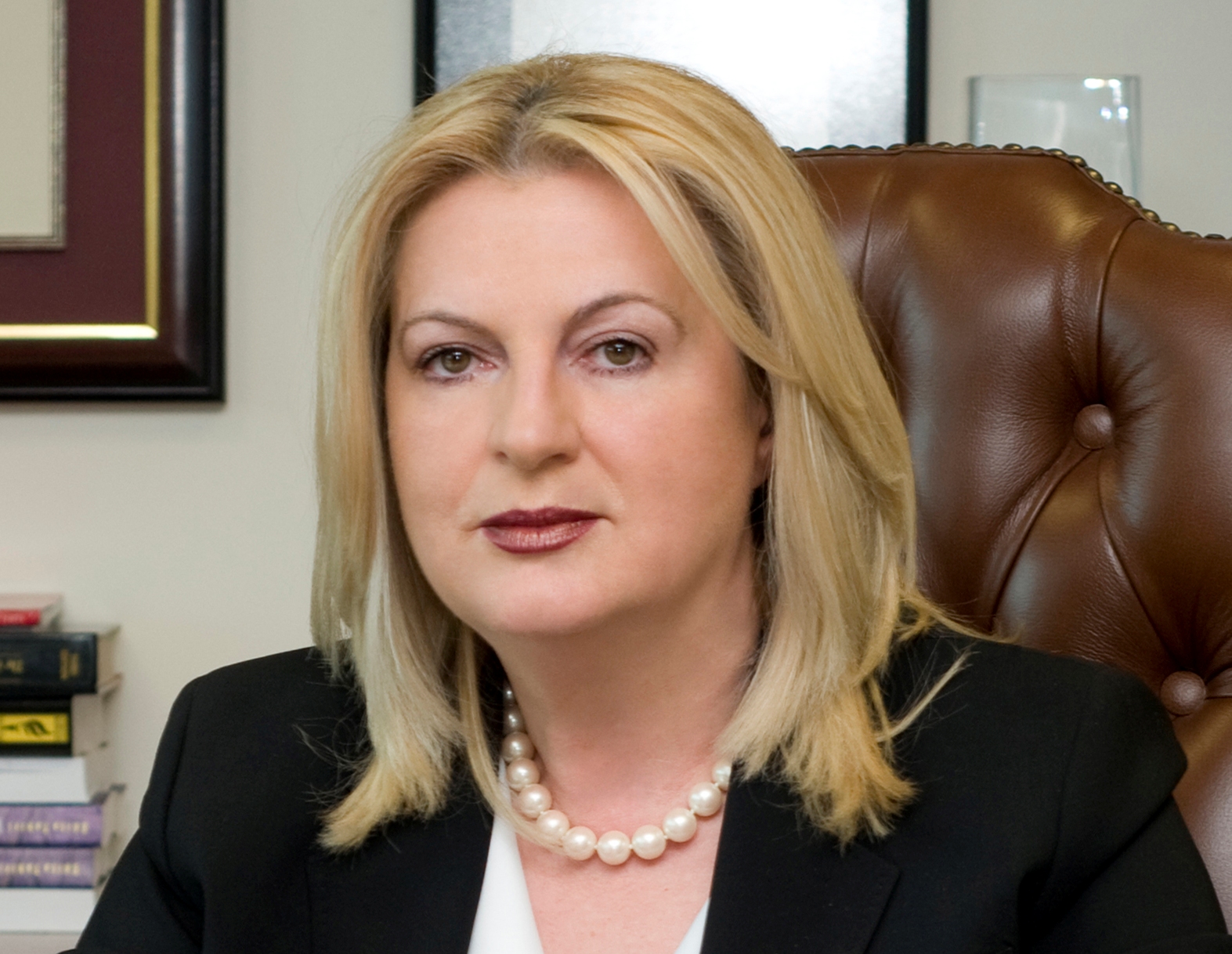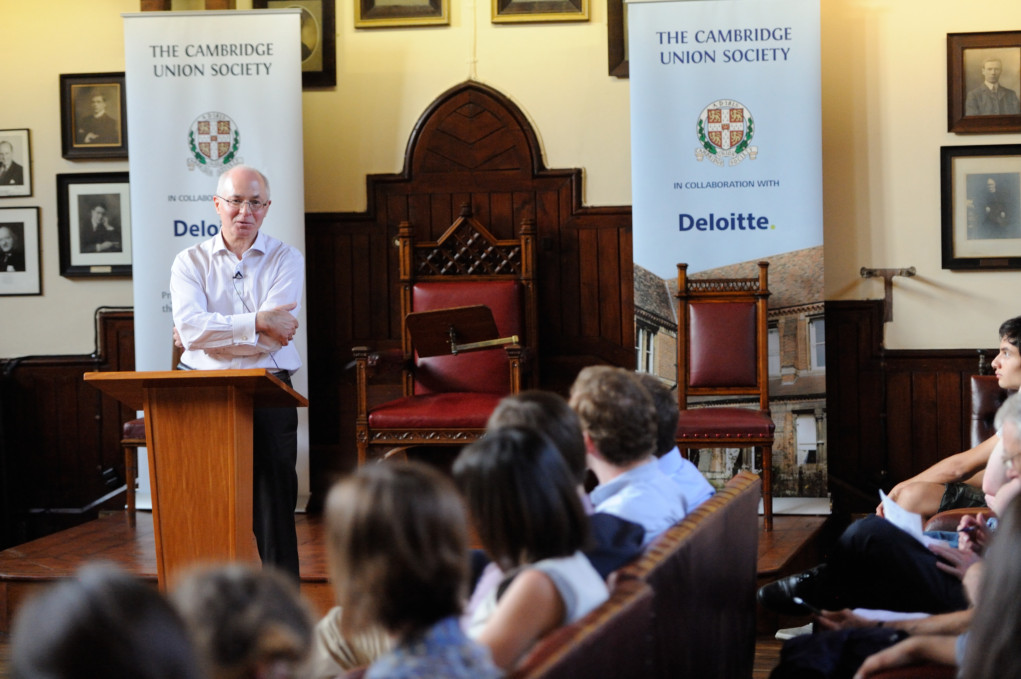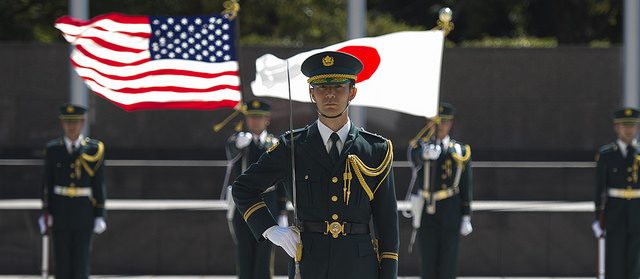Dr. Edita Tahiri, Minister without Portfolio in charge of the dialogue with Belgrade, reported on the progress of the Belgrade-Pristina dialogue between Kosovo and Serbia at the 93rd Rose-Roth Seminar of the NATO Parliamentary Assembly held in cooperation with the Assembly of Kosovo in Pristina, October 22-24, 2016.
She started by saying that this was the third time she had participated in a Rose-Roth Seminar. The first time was in 1999 in Ohrid, Macedonia, when Kosovo was still fighting Serbia. The second time was a year later in Tirana, Albania, when Kosovo had been liberated with the help of NATO, and now in 2016, she is participating in her independent home country. She expressed the hope that the next time she participates it would be as a delegate from a NATO member country. Best of all would be a whole region completely integrated into NATO and the EU, which, according to her, is the only way to sustainable peace. However, for that to happen, challenges between Serbia and Bosnia, and the name issue between Macedonia and Greece would also have to be resolved.
At the end of the war, Kosovo was placed under UN Administration, but in 2008, the country declared its independence unilaterally, which Serbia refused to recognize. It continued to insist on Authority over a part of northern Kosovo where the population is predominately Serbian, and questioned the validity of Kosovo’s declaration of independence, even raising the issue with the International Court of Justice. However, the ICJ sided with Kosovo, so there is no going back from independence.
On April 19, 2013, an agreement was reached between negotiating teams from Belgrade and Pristina, led by their respective prime ministers, and mediated by EU High Representative Baroness Catherine Ashton. The agreement was not signed by either party, but talks on the implementation details were begun almost immediately. The intent of the agreement is that the Serbs in the Northern area will be fully integrated into Kosovo, including the police force, but with due regard to proportional representation both in the central government and at all levels of local government, and that Serbia would gradually withdraw or dismantle its parallel structures of governance and management.
Minister Tahiri has been leading these negotiations on behalf of Kosovo, and she believes that there are historical results moving the two countries towards normalization of relations. Currently there is an agreement signed by both parties which provides for the opening of the Ibar River Bridge, in Mitrovica, connecting north and south Kosovo, which until now, had been manned as a military checkpoint by the Serbs to prevent free movement of the population. It also provides for the reinstatement of institutions in the disputed areas, a free movement regime between the two countries based on I.D. documents only, a Free Trade agreement, uniform systems of government in the northern municipalities with the south, and agreements on many other issues carefully hammered out one at a time.
A good example of the care with which this is being done, is the agreement on the judiciary. The court system in the north will operate under Kosovo law, but judges and prosecutors will be appointed from lists nominated by the municipalities. An important result of the Brussels Dialogue is that it is changing the political mentality of Serbs from the north to become part of the Kosovo governance system.
Tahiri admits that negotiations have been tough and Serbia has not been acting on the agreements as expeditiously as it could have, but steady progress is being made. There is opposition to the Dialogue within Kosovo as well, especially among the opposition parties, and the Opposition in Kosovo does not “play nice”. During the last session they repeatedly shut down the Assembly and delayed passage of legislation by bringing in tear gas and smoke bombs, until metal detectors and other heightened security provisions were made.
The opposition wants Serbia to recognize Kosovo first and apologize for the genocide before starting to dialogue. However, as Tahiri said, “If that could happen, there would be no need for dialogue.” In response to a statement from an opposition member who was also present at the Seminar and insisted that things were not rosy at all, as all the concessions seemed to be made in Serbia’s favour and Serbia obtained candidate status at the EU, she pointed out that Kosovo signed a Stabilisation and Association Agreement (SAA) with the EU at the same time, which is a first step towards candidacy, and that the EU has added an extra chapter to Serbia’s Accession agreement to make normalization of relations with Kosovo a requirement for Serbia’s accession, so it is in the interests of both countries to move forward with the dialogue.
She concluded our conversation after the session by saying, “Peace you have to make with your enemies. That’s why it is so difficult.”
Photo: Edita Tahiri (2010), by Sh1956vlpo via wikimedia. CC BY-SA 3.0.
Disclaimer: Any views or opinions expressed in articles are solely those of the authors and do not necessarily represent the views of the NATO Association of Canada.




